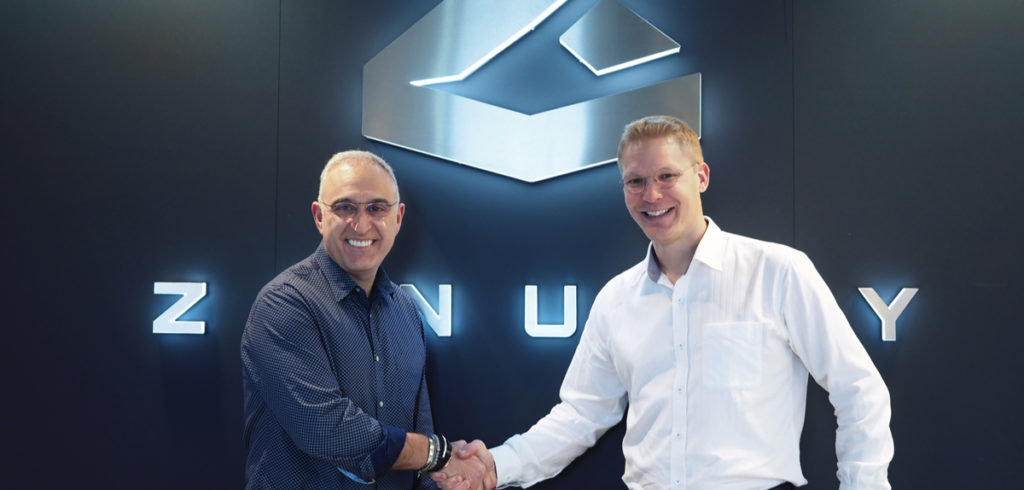Software developer Zenuity has picked Hewlett Packard Enterprise (HPE) to provide the artificial intelligence and high-performance computing (HPC) required to develop the next generation of autonomous driving systems.
Hewlett Packard will provide Zenuity, a joint venture between Volvo Cars and Veoneer, with core data processing services to gather, store, organize and analyze the data generated from its network of test vehicles and software development centers.
Dennis Nobelius, chief executive of Zenuity, said, “These are the crucial building blocks of the autonomous driving cars of the future. HPE is providing us with the foundations upon which everything else is built.”
Antonio Neri, chief executive officer of HPE, added, “The paradigm shift we’ve seen in the past few years has been remarkable, with autonomous vehicles presenting the biggest opportunity we’ve seen in decades to disrupt and revolutionize the automotive industry. To meet this challenge, optimizing the convergence of HPC, data analytics and artificial intelligence is vital.”
Neri continued, “As Zenuity leads this change, ensuring an ecosystem that supports this convergence, coupled with matching infrastructure across edge computing, storage, compute and services, is vital. This kind of partnership will provide Zenuity with the innovation and flexibility to adapt as it grows and is exactly why we’re committed to offering Everything-as-a-Service to our customers.”
The service is powered by the HPC technologies HPE Apollo systems, HPE ProLiant services and Lustre file based storage service, and will be delivered through HPE GreenLake.
HPE Pointnext Services will manage the solution, helping Zenuity developers as they test, learn and validate new generations of assisted-driving software.
The roll-out is planned for summer 2020, initially taking place in Sweden with global deployment in the future.


